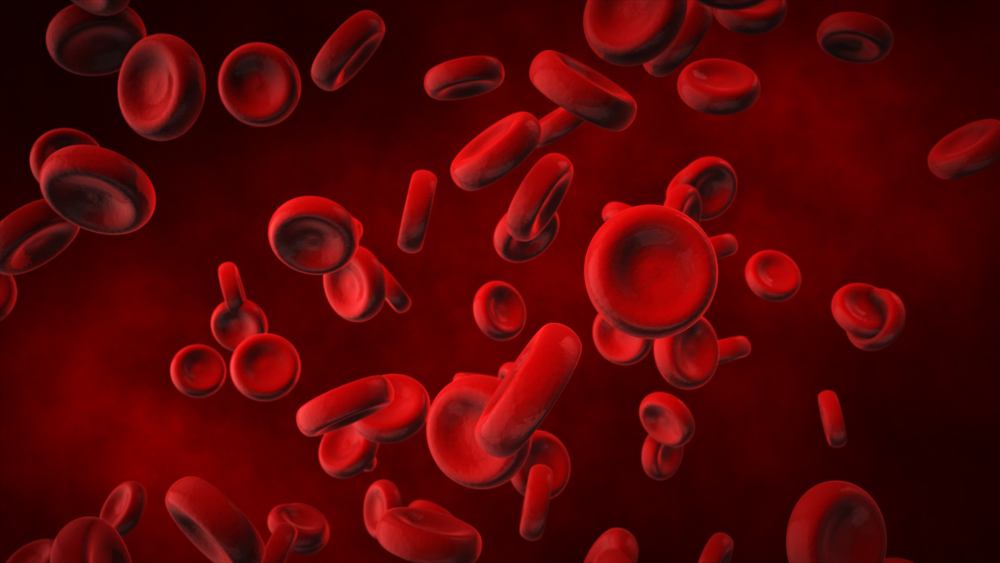Menu
- Home
- Treatments
- Our Providers
- About Us
- Patient Info
- Testimonials
- Locations
- Blog
- Financing
- Contact Us
- Home
- Treatments
- Our Providers
- About Us
- Patient Info
- Testimonials
- Locations
- Blog
- Financing
- Contact Us

Blood clots are the body's natural response to bleeding, but they can sometimes turn against us, creating blockages where they are least welcome. While clotting is an essential part of healing, its darker side emerges when clots form unexpectedly in the veins and fail to dissolve as they should. This misstep can cut off vital blood flow to organs, causing a serious health hazard. From heart attacks caused by blocked arteries to strokes born from obstructed blood supply to the brain, the dangers of blood clots are severe. At National Vascular Associates, we want you to stay informed so you can avoid health complications. Read below for important information about blood clots that can keep you out of danger.

Venous Thromboembolism is a term that encompasses two closely related conditions: Deep Vein Thrombosis and Pulmonary Embolism. Imagine your veins as highways for blood to travel back to your heart. DVT will occur when a blood clot forms in the deep veins, often in the legs. This can cause pain, swelling, and redness. If part of this clot breaks free and reaches your lungs, it can block blood flow, creating a pulmonary embolism, which is a serious condition that demands immediate attention. Certain factors like prolonged immobility or specific medical conditions can increase the risk of developing DVT.
A pulmonary embolism is capable of causing sudden and severe problems. Common symptoms can include coughing up blood, chest pain, and shortness of breath, signaling a dire emergency. The stakes are high, as PE can cause major damage to the lungs and other organs due to reduced oxygen levels, so swift detection and treatment from a vascular doctor is an absolute must.
Fortunately, blood clots are not an inescapable fate. Simple lifestyle adjustments and awareness can reduce your risk. Try to stay hydrated, take regular breaks to move around or stretch during long periods of sitting or standing, and manage your weight through a balanced diet and exercise. Incorporate delicious foods that are rich in antioxidants and omega-3 to support heart health. For those at higher risk, doctors may recommend blood thinners or compression garments to improve blood flow.
Being able to identify the signs of a blood clot can be life-saving. Beyond the symptoms associated with DVT and PE, sudden changes in your body, like unexplained bruising or swelling, warrant an evaluation by a qualified vascular specialist. Regular check-ups and discussions about your risk factors with a healthcare provider can pave the road for timely interventions and peace of mind.
Knowledge is power, and taking proactive steps to understand and mitigate your risk can lead to a healthier life. At National Vascular Associates, we're dedicated to providing quality vascular treatment and personalized strategies to protect your health. Our team of professionals is here to guide you through every step of your journey so you feel supported, informed, and confident in your healthcare decisions. Don't wait for a crisis to prioritize vascular care. Reach out today to learn how we can help you maintain a strong, healthy circulatory system and prevent the complications associated with blood clots. Our staff is available to answer any questions you have and schedule a consultation with a vascular specialist.